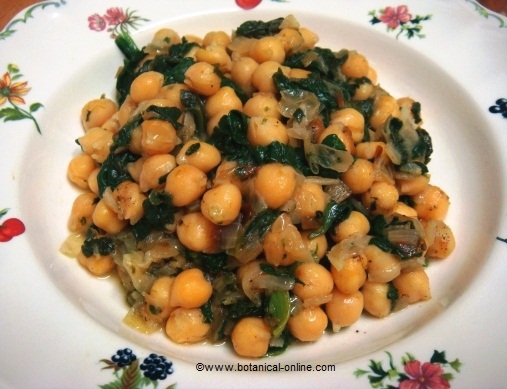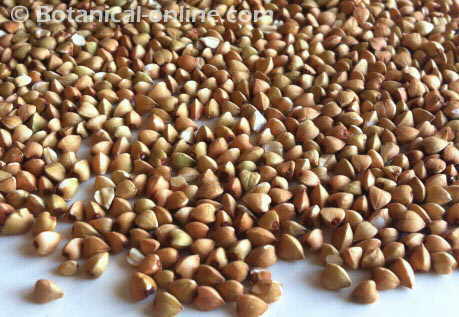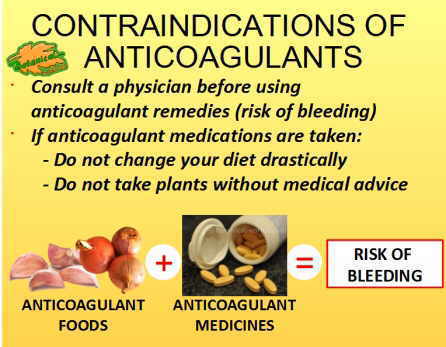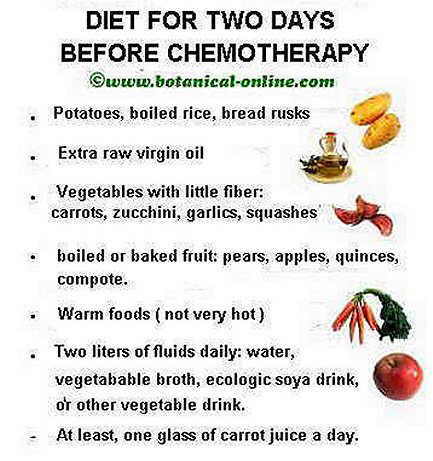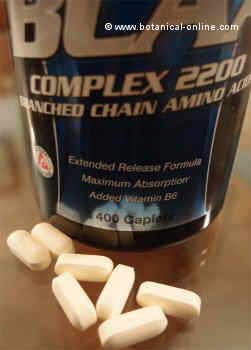Contents [show]
Health benefits of vitamin E
PROPERTIES OF VITAMIN E
What functions does vitamin E have?
Vitamin E intervenes in different functions in the body:
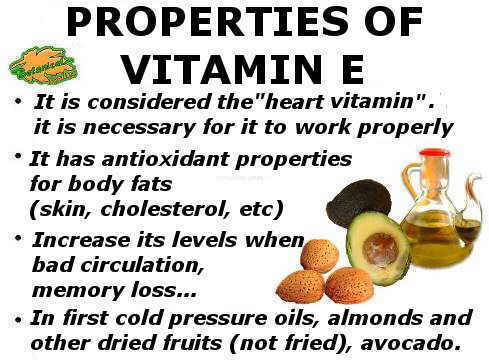
Main properties of vitamin E Properties of vitamin E
- Antioxidant: For the protection of cells against free radicals. Unlike vitamin C, vitamin E is an antioxidant in lipid or fatty environments, that is, it prevents the oxidation of fats in the body, such as cholesterol or the structures that make up cell membranes.
This vitamin prevents the accumulation of cholesterol deposits in the arteries and manages to prolong the effect of healthy omega 3 fats in the body.
- Vitamin of the heart: By the mentioned previously, the vitamin E is very healthy for the heart and the arteries when avoiding the bad circulation produced by the elevated cholesterol, and when prolonging the life of the omega 3, with antiinflammatory properties.
- Increase fertility: This vitamin is necessary for pregnancy to occur. Rats with vitamin E deficiency did not complete their pregnancy.
- Increases the defenses: The administration of this vitamin increases the defenses is necessary for a correct function of the lymphocytes.
Benefits of vitamin E
For all the above mentioned, vitamin E can be beneficial for:
- To keep the arteries, veins and heart in good condition. For the preservation of red blood cells.
- To keep vitamin A in good condition
- To prevent the production of inflammatory substances
- To keep the reproductive system in good condition.
- To preserve the skin in good condition, repair and healing of wounds
- For the health of the vision
- For the proper functioning of the brain and nervous system, to enjoy good mood and positive feeling.
- To keep the digestive system in good condition
Other properties of vitamin E:
- Properties for the eyes: Taking 400 IU daily of this vitamin prevents the development of cataracts and improve vision.
- Diabetes: The same dose taken by diabetics can help to stabilize better your blood sugar levels in the blood.
- Alcoholism: Vitamin E is taken, along with vitamin C, in treatment for alcoholism.
- Diverticulitis or diverticulosis: It exerts a protective function of the intestine wall. The usual dose is around 100 IU per day during the first week to be increased in a dose of 100 IU more per week up to a maximum of 800 IU weekly.
- Discomfort and swelling in the breasts: Ingestion of 200 IU daily of vitamin E appears to improve symptoms of chest pain and bloating that women have during menstruation. Also high doses of this vitamin can help reduce the negative symptoms of menopause.
- Healing properties: Vitamin E, mixed with oil and applied externally on wounds, helps heal better. Vitamin supplements help to improve symptoms of psoriasis. Internally can be supplied with the same objective to treat diseases such as diverticulitis.
Daily requirement of vitamin E
The necessary doses of this vitamin (RDA) is 15 mg (equivalent to 22.5 IU) daily. Nevertheless, these doses are very low for a therapeutic effect according to some experts, who recommend higher doses (between 400 and 800 IU daily). To reach these doses it nis necessary to use vitamin supplements.
The advantage of this vitamin is that it seems to have no toxicity, even at very high doses. It has proven that a dose of 400 to 800 IU per day can improve heart health. A study in Cambridge revealed as 77% of patients with heart problems improved significantly after being treated for almost 600 days with the natural amount of vitamin E mentioned above.
WHAT IS VITAMIN E FOR?
Vitamin E for the heart and circulatory system
 Vitamin E is recommended for blood circulation and people with heart attacks. A varied diet with virgin oil and nuts contains vitamin E
Vitamin E is recommended for blood circulation and people with heart attacks. A varied diet with virgin oil and nuts contains vitamin E
It has been proven that the consumption of this vitamin helps improve the health of our circulatory system. The ability of this vitamin to prevent arteriosclerosis is due to its capacity of preventing cholesterol oxidation and its deposition in the walls of the arteries.
The ability of this vitamin to prevent arteriosclerosis occurs by preventing the oxidation of cholesterol and its deposition in the walls of the arteries. In this way it avoids the formation of atheromatous plaque that would hinder circulation by narrowing the blood vessels.
We can say to some extent that this vitamin “cleans the arteries” and makes the chances of suffering a myocardial infarction, angina pectoris, or stroke are much lower. Studies of people taking 400 IU daily of vitamin showed they had less than 70% chance of suffering a heart attack than those not taking it.
Bad circulation in the legs
This vitamin is suitable for those with poor circulation in the legs, on all those who suffer from cramps in the calves or leg muscles when walking or painful cramps in the calves at night.
To feel better recommended starting dose of 200 IU per day and be increased until the 400 or 500 IU.
Other properties of vitamin E
 Burns and other wounds can be treated with vitamin E, which helps in healing
Burns and other wounds can be treated with vitamin E, which helps in healing
- Diabetes: 400mg daily dose can help stabilize blood sugar and cholesterol levels.
- Alcoholism: Vitamin E is taken, along with vitamin C and the B vitamins, in the treatment against alcoholism.
- Healing properties: Vitamin E, mixed with oil and applied externally on wounds, helps to heal better. Supplements of this vitamin help to improve the symptoms of psoriasis. Internally it can be supplied with the same purpose to treat diseases such as diverticulitis, leaky intestine, digestive ulcers, gastritis, etc.
- Carpal tunnel syndrome: Protects cell membranes from the adverse effects of inflammation and has an antiinflammatory effect. (Take 1,500 IU of vitamin E per day, after one week, reduce to 1,000 IU daily.)
- Properties for vision: Take 400 IU daily of this vitamin prevents the appearance of cataracts and improves vision.
- Peyronie’s disease: In one study, medical pharmacological treatment, accompanied by vitamin E (600 mg daily) and antioxidants, reduced the curvature in 6 months, and 67% also reduced pain.
- Discomfort and swelling in the breasts: Ingestion of 200 IU daily of vitamin E seems to improve the symptoms of swollen and painful chest that women have during the period of menstruation. Equally high doses of this vitamin can help reduce the negative symptoms of menopause.
IS VITAMIN E SAFE?
Can an overdose of vitamin E be produced by diet?
It is very difficult to make an excess of vitamin E through the “normal” foods of the diet, such as sunflower oil, olive oil, nuts, seeds, fruits or avocados.
In addition, it has been proven that unsaturated fatty acids decrease between 20 and 50% the absorption of this vitamin, especially in the alpha-tocopherol form (the reason is not known). Because vitamin E is always linked to these types of fats, it is unlikely that toxic doses will be ingested through food.
Excess would be more likely if too much wheat germ oil is taken regularly, since it is considered a supplement.
Problems with excess vitamin E (with supplements)
Vitamin E is the fat-soluble vitamins that has less toxicity, but even so, it is harmful to consume supplements in excess because high amounts of vitamin E hinder the absorption of the other fat-soluble vitamins ( vitamins A, D and K)
Vitamin E has very little toxicity. However, there are a number of circumstances that require us to take precautions:
- High doses of vitamin E supplements are contraindicated in all cases. Studies show that taking more than 400 IU increases the risk of mortality and cancer.
- Patients with bleeding problems cannot take supplements of this vitamin, such as hemophiliacs or those with bleeding peptic ulcers.
- We must be prudent in the administration of this vitamin in patients taking anticoagulant drugs like heparin and warfarin because it can thin your blood too much, what would make them bleed too easily.
- Also patients who will undergo an operation should abandon the ingestion of these supplements one month before surgery.
- Pregnant or nursing women should not exceed the RDA.
In general, one should consult with the doctor if sick or willing to take a high dose of this vitamin.
![]() More information on vitamin E.
More information on vitamin E.

